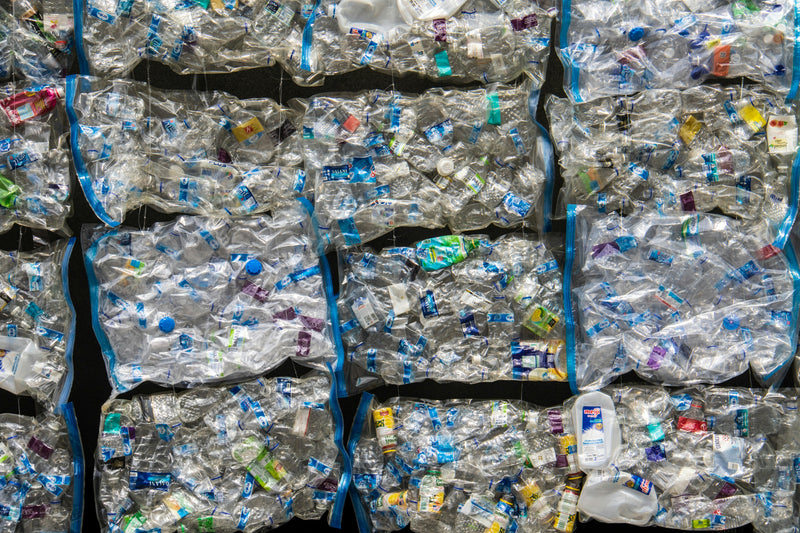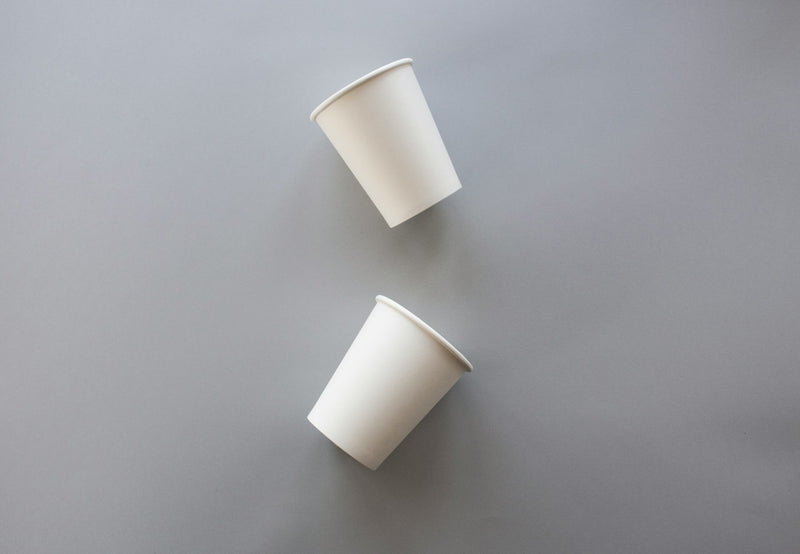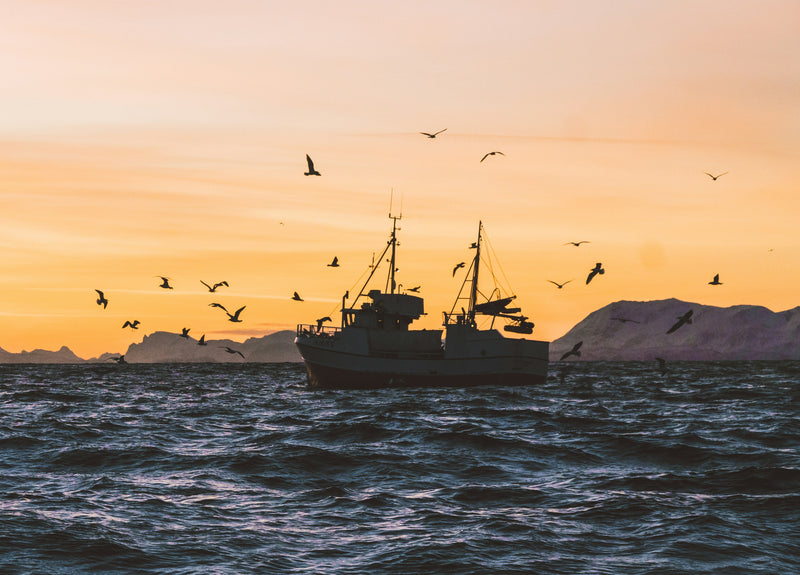After recent government moves, sushi fans in Japan are wondering if their sashimi comes with a splash of radioactive waste.
The concerning development has worried not only Japanese citizens but also countries that import Japanese seafood. Let’s take a look.
 What’s going on
What’s going on
In August, the Fukushima Daiichi nuclear power plant — which was destroyed by a tsunami in 2011 — began releasing its first batches of treated radioactive water into the Pacific Ocean.
The move prompted China to immediately ban Japanese seafood. Japan denounced the ban and quickly launched a $141-million emergency fund to help seafood exporters find new markets in hopes of staving off the economic impact.
What happened?
During the 2011 disaster — in which 50-foot waves blasted the nuclear power plant — scientists had to prevent the reactor from a meltdown. To do that, they poured millions of gallons of water onto its nuclear fuel to cool it.
But now more than 10 years later, the Japanese government still has to cool the nuclear fuel with water because it’s still hot. To properly decommission the plant, engineers need to move 1.3 million metric tons of treated wastewater — which is enough water to fill 500 Olympic-sized swimming pools.
The government expects the dumping process to take up to 40 years.
What about safety?
According to several groups of experts — including independent international agencies — the water treatment process is legit and safe, and yields water that’s safe to drink.
But a handful of environmental advocates, and folks in the seafood industry, oppose the plan, claiming that the data is insufficient and inconclusive to guarantee the water is harmless.
Understandably, consumers also have been wary of consuming Japanese seafood, sea salt and seaweed. Japanese seafood exports in South Korea, for example, are taking a hit — despite reassurances from the South Korean and Japanese governments.
What’s next
Japan plans to test flounder and other seafood daily for tritium — a common radioactive isotope found in the ocean. It’ll also look for any radiation-caused abnormalities in surrounding areas of the Fukushima plant.
Scientists seem to generally agree that there’s a very low risk of consuming Japanese seafood and that the nation’s testing is more rigorous than most of the world.





